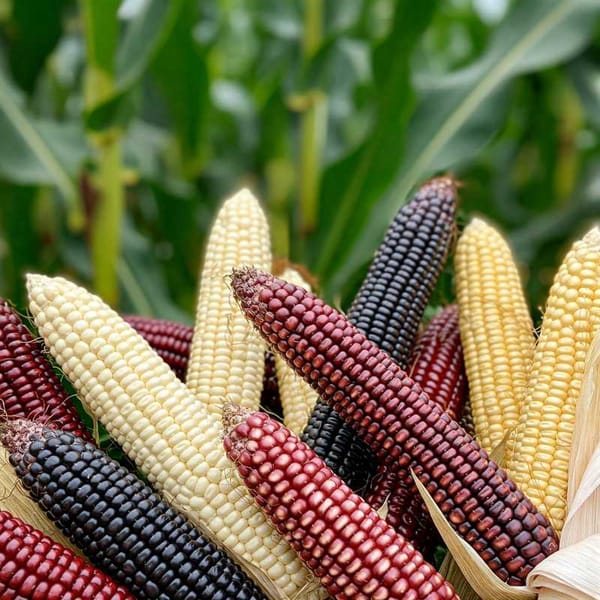Crunching Numbers on Mexico's Distribution of Wealth
Mexico's vast wealth is overshadowed by extreme inequality. Only 1% owns 41.2% of wealth, with an even more skewed concentration in financial assets. The country's potential is clear, but addressing this wealth gap is essential for shared prosperity.

Mexico, a country rich in both physical and financial assets, stands as a beacon of potential in the Latin American landscape. However, behind the glittering façade of its vast resources lies a troubling reality: wealth in Mexico is unevenly distributed. In fact, it's more lopsided than a badly stacked pile of sombreros.
Miguel del Castillo Negrete Rovira, the head of the Social Development Unit of the Economic Commission for Latin America and the Caribbean (ECLAC), Subregional Headquarters in Mexico, recently presented a report titled “The distribution of income and wealth in Mexico and selected countries.” The findings were as striking as a mariachi band at a silent auction.




